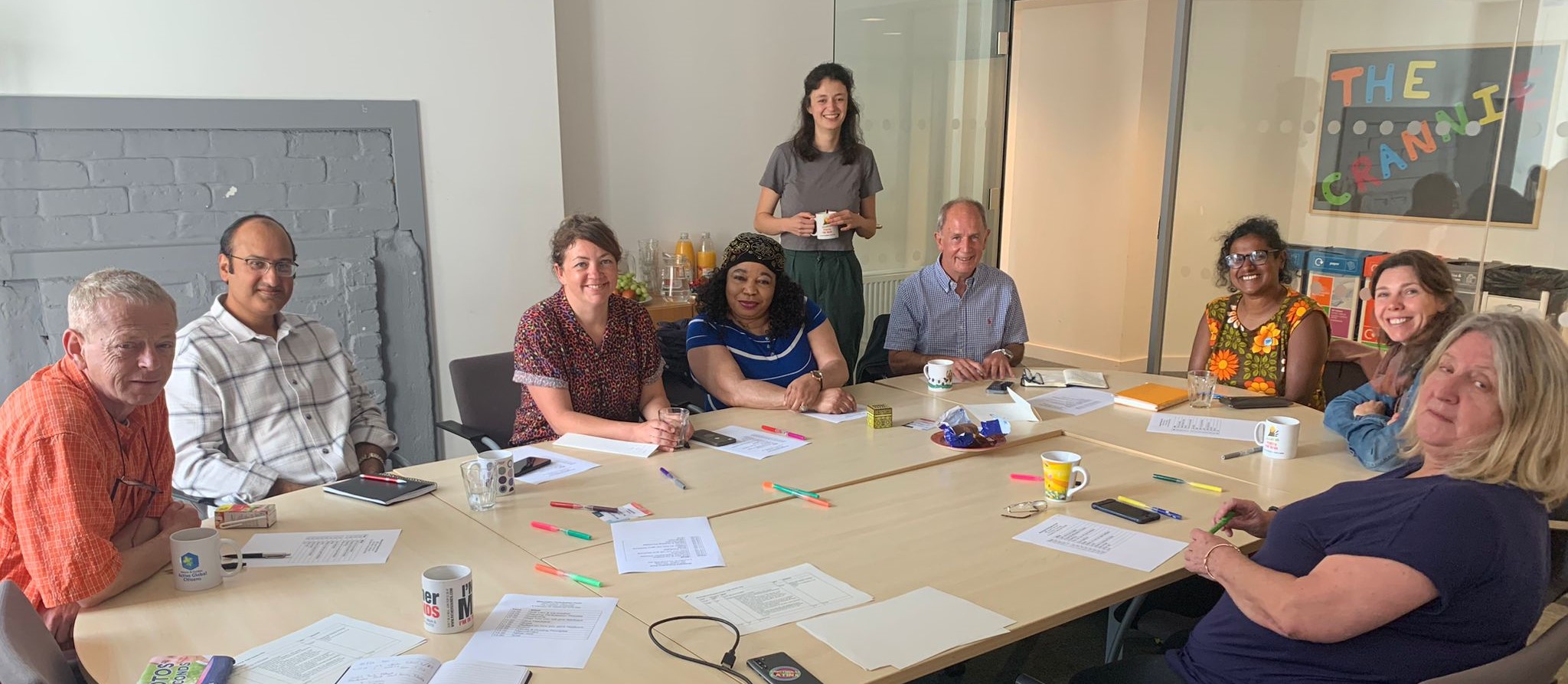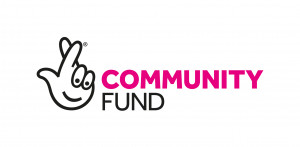Meaningful Participation Panel
Nourish is convening a Meaningful Participation Panel of participation experts-by-experience. The panel's focus is on making participation processes in decision-making more equitable, diverse, and inclusive.

What the Panel does
The Panel is keen to support anyone – project managers, local authorities, community organisers – who is seeking advice on how to successfully involve diverse groups of people when making decisions.
The Panel is able to provide advice in a variety of contexts, but their main current focus is on the development of the Good Food Nation local food plans. The Good Food Nation Act places a duty on local authorities to ensure inclusive and engaging consultation in the development of their local food plans. If plans are made with and not for people, we need long-term public commitment to delivering the plans. The Panel will support decision-makers, including local authorities, health boards and communities to ensure meaningful public participation.
Why work with the Panel
All panellists have been involved in community, local and national participation processes. They bring a diverse set of lived experiences. This gives them expertise on how to involve people who are routinely marginalised in participation processes. This includes people from different ethnicities, people who have experience of the asylum process, young and old people, disabled people, single parents and carers. Their different backgrounds also bring a rich set of connections to communities and organisations across Scotland.
How the Panel can help
The support the Panel can offer will depend on the needs of each organisation or agency. This could include 1-1 advice sessions, feedback on participation materials, or running an engagement session with community members.
The Panel will work with you to understand your goals and develop a plan for meaningful participation. They will help you engage with community members and other stakeholders to ensure that those voices are heard and their needs are taken into account.
Anwar Arif
My name is Anwar Arif, and I am from Pakistan. I have a master’s degree in Human Resource Management and have worked professionally as a manager in my home country. I have been in Glasgow since 2019. In Scotland, I am actively involved in various communities to contribute my experience. What I have to gain from volunteering with the Nourish project is the opportunity to make a positive impact in the lives of others and contribute to the betterment of my community. I am eager to collaborate with like-minded individuals, build meaningful connections, and gain a deeper understanding of mental health and well-being issues. Ultimately, my goal is to help create a supportive and inclusive environment where everyone has the opportunity to thrive and lead fulfilling lives.
Clara Schade-Poulsen (she/her)

My passion for sustainable food systems has driven me to found an urban food-growing project, work on regenerative farms, and currently establish a landscape regeneration project. Through these experiences, I have both participated in and facilitated various participatory processes. I joined the MPP to support others with what I have experienced is crucial for lasting change: placing communities at the heart of it. You can often find me tending my allotment, in the hills, and spending time with loved ones.
Geri Sinclair
My name is Geri Sinclair and I have worked in community development since 2012 after a career as a solicitor. I am a Permaculture educator and facilitator. My experiences and learning has shown me that working in partnership and sharing knowledge and skills delivers more creative and sustainable change to create resilient and thriving communities. I joined the MPP to support this change as it is vital people are heard and properly consulted.
I am a mother and grandmother and want to be part of the change needed now and for future generations.
Glory Omoaka
I am Glory Omoaka, a mum of two with a background in healthcare and a graduate of Stirling University.
I am an anti-poverty campaigner based in Glasgow, Scotland. I have been a part of many successful campaigns for change, and I am passionate about speaking up for equality and justice, especially on issues around food insecurity, healthy eating, education, and immigration. As someone who has experienced powerlessness, homelessness, and challenges, I want to continue to use my lived experience and my voice to advocate, amplify, and take action whenever change needs to be achieved.
I am part of MPP just so that I can have the opportunity to do all the beautiful stuff that can bring smiles, peace, and harmony to humanity. My experience has shown me that change is possible and achievable.
Max McDonald
My name is Max (they/them), I’m 21, and I live in Dundee where I study Psychology with Spanish. I do activism work in various areas such as trans rights and domestic abuse advocacy, and this work is what inspired me to join the Meaningful Participation Panel. I think having good representation for all voices and ensuring they are truly heard in decisions that concern them is incredibly important and I am honoured to support this work.
Contact
For more information, to work with the Panel, or find out our price rates contact diana@nourishscotland.org.uk

